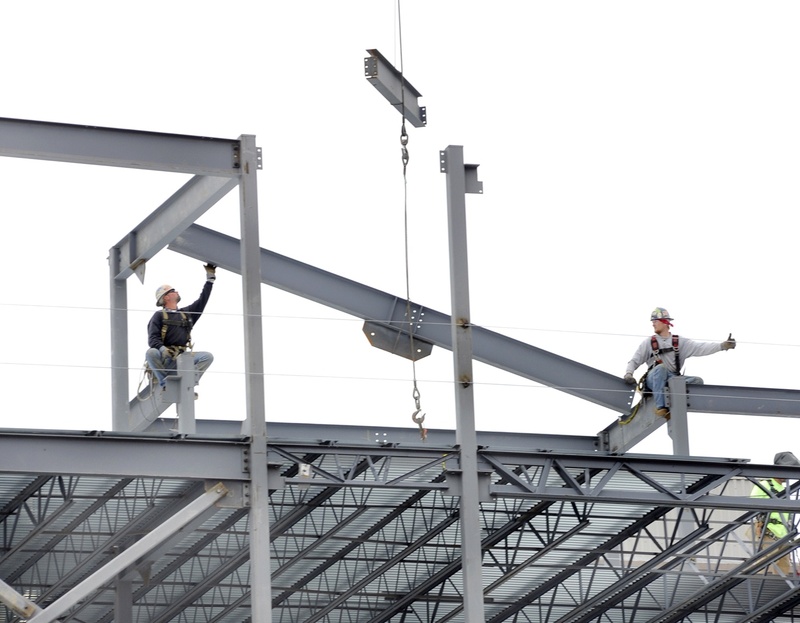AUGUSTA — Republican Gov. Paul LePage says Maine’s economy is back on track with 20,000 more private sector jobs.
His opponents are equally adamant that the state’s economic recovery is lagging under his leadership.
The truth is that Maine’s economy has shown a mix of successes and setbacks, giving candidates plenty to cheer – or complain about– in the state’s hotly contested three-way gubernatorial race.
“It’s obvious to anyone who drives around the state of Maine that we are on our knees,” said independent candidate Eliot Cutler, who’s challenging LePage in the race with Democratic U.S. Rep. Mike Michaud.
LePage’s campaign frequently highlights Maine’s declining unemployment rate, which has dropped more than 25 percent since he took over in January 2011. At 5.5 percent, it’s at its lowest point in nearly six years and below the national average.
LePage contends that his efforts to cut taxes and red tape have helped Maine’s economy make great strides and that his administration’s welfare-to-work programs are helping people find jobs.
“Maine is better off today than it was four years ago and our actions can back it up,” he said in his weekly radio address.
But while the national economy recently recovered all the nearly 9 million jobs lost during the Great Recession, Maine has regained only about two-thirds of the roughly 30,000 jobs it shed during the downturn.
Meanwhile, federal statistics last month showed that Maine’s economy grew by just 3 percent from the second quarter of 2009 until the end of 2013, tying with Connecticut for the slowest growth in New England.
“Despite what we’re hearing … from the governor’s office, we still have a long way to go before the labor market is close to as healthy as it was before the recession,” said Joel Johnson, an economist with the liberal-leaning Maine Center for Economic Policy.
Yet, experts say the state of Maine’s economy has little to do with who’s been in the Blaine House. Economists in Maine – which has the oldest population in the country – have known for years that job growth would slow because thousands of people are retiring and leaving the workforce, said Glenn Mills, chief economist for the Maine Department of Labor’s Center for Workforce Research and Information.
That’s also hurt other economic indicators, such as personal income growth, because retired people generally earn less than those who work, Mills said. Recent federal figures showed that Maine’s personal income growth rate was among the nation’s smallest.
Others disagree that the aging population is to blame.
Bigger factors have been federal economic decisions and the fact that the areas in which Maine is highly specialized – such as forest products and construction – are coming out of the recession more slowly than other industries, said Charles Colgan, a former state economist and current professor at the University of Southern Maine.
But that won’t stop the finger-pointing.
In his radio address, LePage criticized decades of “progressive tax-and-spend policies” for hindering Maine’s recovery. He said in an interview that Maine can’t seriously turn its economy around if it doesn’t address the high cost of energy.
If Cutler and Michaud “don’t want to talk about … lowering the cost of energy, they’re going to be a bigger failure than they think I am,” he said.
Cutler said LePage has failed to come up with a plan to make Maine successful in the 21st century.
Democrats, meanwhile, blame LePage’s decisions – such as not expanding Medicaid under the federal health care law – for stifling job growth.
“The governor can say what he wants, but things are not good in the state of Maine,” Michaud said. “The bottom line is that a lot of voters that I talk to, they are struggling.”
Send questions/comments to the editors.




Comments are no longer available on this story